"The takeaway for this generation could be an understanding that they gain emotional strength when drawing others near for support and, in turn, lending comfort to them."
Monthly Links
API Links is a monthly e-newsletter to help keep parents, professionals, and others abreast of the latest news and research in Attachment Parenting and updates of API programs.
Anyone can receive API Links! Click here to subscribe.
Respond with Sensitivity
|
December 6, 2020
|
|
December 6, 2020
The science of resilience can help us understand why some children do well despite serious adversity. Resilience is a combination of protective factors that enable people to adapt in the face of serious hardship, and is essential to ensuring that children who experience adversity can still become healthy, productive citizens. Watch this video to learn about the fundamentals of resilience, which is built through interactions between children and their environments. This InBrief video is part one of a three-part sequence about resilience. |
|
December 3, 2020
API has been working on positive childhood experiences for more than 25 years, to help children flourish and break cycles of trauma. Our work is at the family, community and professional levels, but all of these levels need policy support to create a more family-friendly and trauma-informed country. |
|
November 30, 2020
Parenting with PEACE: Positive Childhood Experiences - AP Month 2020 put a focus on adverse childhood experiences (ACEs) and positive childhood experiences (PCEs), and the important connection to what the API Principles have provided to families for the last 26 years. API moves forward with programs, education, and resources, to help communities, professionals, and parents and caregivers in their homes foster resilience, compassion, and empathy, and even impact cycles of ACEs. |
|
November 29, 2020
"As it turns out, hugs, cuddles, and comforting words, can help mitigate the effects of toxic stress for kids of all ages."
|
|
October 28, 2020
|
|
October 24, 2020
"The first is promoting relationships. So being in healthy sustained relationships is good for kids. And in early childhood the initial attachment that babies have with their parents form the template for all of our future relationships."
|
|
October 24, 2020
"I've become more tolerant of my children, my grandchildren's behavior, than I was before I heard about ACEs. I tend to talk with them not talk at them which is what I did with my daughters." |
|
October 20, 2020
The growing response to ACEs by leaders, communities, and families is world changing. It's easy for misunderstandings to also grow about the science, the study, and more, so Jane Stevens of |
|
October 18, 2020
Editor's Pick |
Prepare for Pregnancy, Birth, and Parenting
|
December 6, 2020
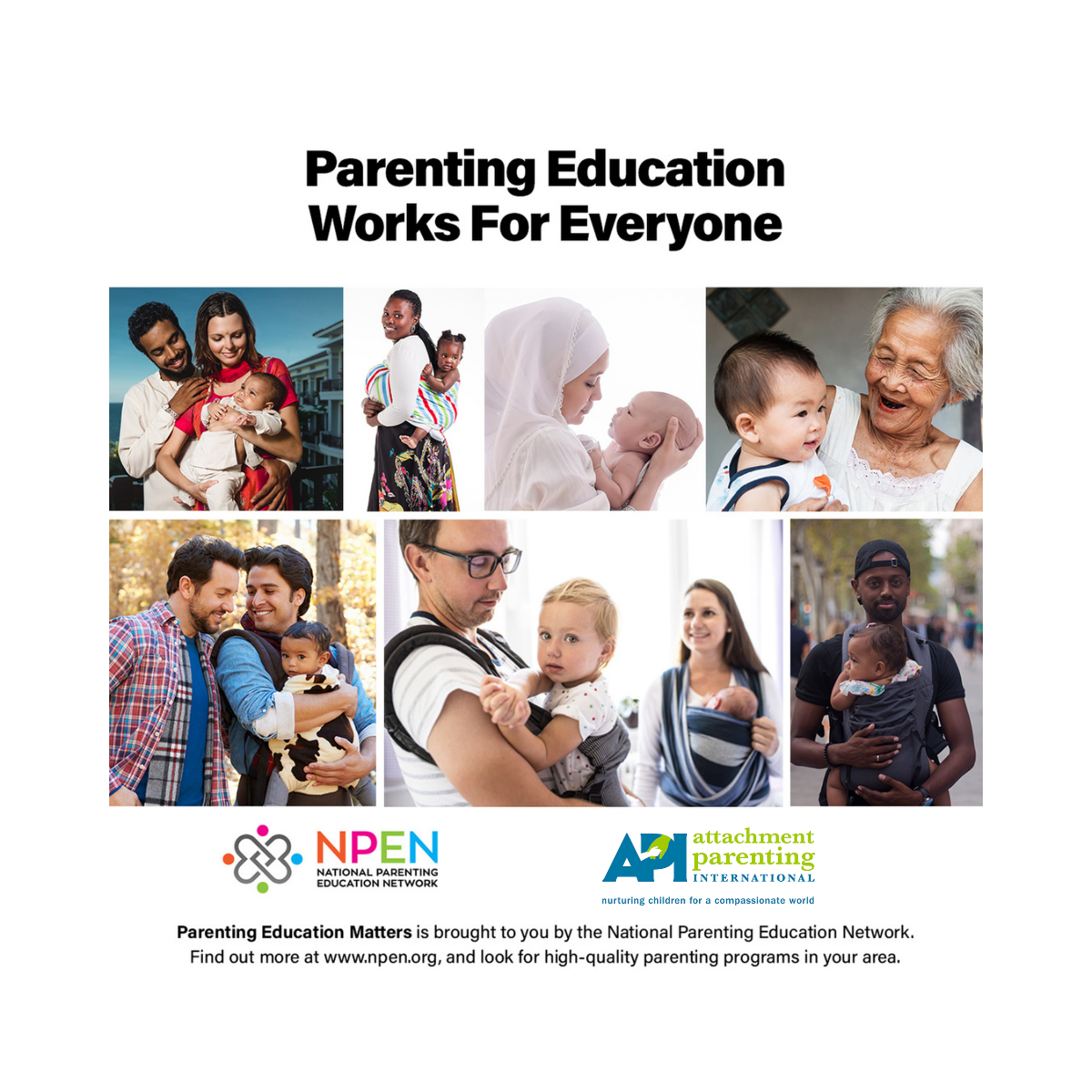 There is no playbook when it comes to parenting, and EVERYONE can benefit from the support parenting education provides when it comes to making the best decisions for their family. There is no playbook when it comes to parenting, and EVERYONE can benefit from the support parenting education provides when it comes to making the best decisions for their family. |
|
November 30, 2020
API Links enewsletter is now out! Interested in receiving API Links and other API updates about trainings, resources, and opportunities? Sign up at https://lp.constantcontactpages.com/su/04aTSdl/APILinksSignup. |
|
November 16, 2020
|
|
October 24, 2020
“Modern Attachment Parenting” – A New Book By Jamie Grumet
Where Were You When The TIME Cover Of A Breastfeeding Mom Broke The Internet? See What She's Up To Now!
|
|
October 19, 2020
Enjoy this amazing issue of Conscious Parenting News.com by |
Provide Consistent and Loving Care
|
December 2, 2020
"Throughout the United States, family courts are not provided accurate, relevant information about the neurological, psychological and social developmental needs of children from birth to seven years of age. Family courts have, for many years, focused on the needs of the adult parents in cases of separation, visitation rights, custody and divorce, while failing to address “the best interests of the young child.” As a result, decisions made by these courts have, unknowingly, imposed trauma on the child. |
|
November 30, 2020
"Every moment matters. Every interaction with a child has a reaction in that child. Even as we keep working to address the many social and cultural factors we need to address to prevent negative experiences, we should be focused on proactive promotion of the positive."
For 26 years, API Principles have been about early and ongoing positive childhood experiences. Learn more API's Eight Principles and the research that supports them, and be proactive with us. |
|
November 26, 2020
"No matter how or with whom you’re celebrating this Thanksgiving, here are some easy, last-minute ways to infuse it with a little extra meaning and connection..." |
|
October 22, 2020
|
|
October 18, 2020
#APMonth2020 #ParentingwithPEACE |
Strive for Balance in Personal and Family Life
|
November 29, 2020
|
|
November 28, 2020
"A recent survey from the American Psychological Association says that COVID-19 is taking a much bigger emotional toll on adults who are caring for children than on adults without children. While 70 percent of all working adults say their jobs are causing significant stress right now, 71 percent of those playing parental roles are also stressed over managing their children’s at-home learning. |
|
November 26, 2020
|
|
November 9, 2020
UNICEF has launched a COVID-19 guide for parents. We’re working with some of the world’s leading experts to provide accurate, reliable information to navigate the pandemic. |
|
October 31, 2020
"Being a consistently kind and positive parent can be challenging, especially when children are also struggling or stressed. Even before the COVID-19 pandemic, national data showed that over 1 in 3 children had moms who were not coping very well."
|
|
October 30, 2020
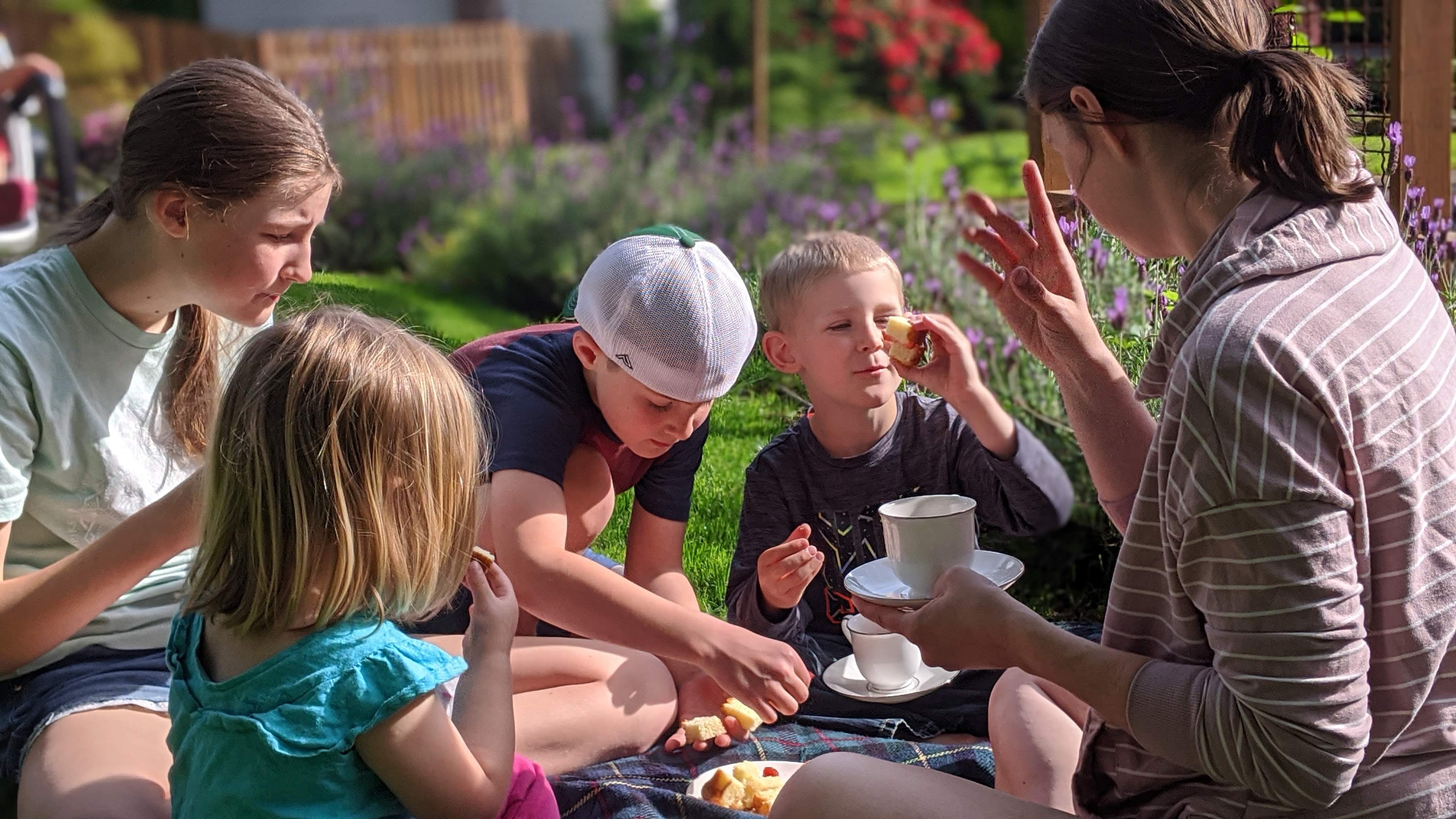 "There will always be competing needs. Balance means embracing the invitation to mindfulness that comes with both/and, accepting that I have real needs, and seeking a plan to meet my needs so that I am prepared to meet my children’s needs." ~Patricia Mackie, APtly Said blog "There will always be competing needs. Balance means embracing the invitation to mindfulness that comes with both/and, accepting that I have real needs, and seeking a plan to meet my needs so that I am prepared to meet my children’s needs." ~Patricia Mackie, APtly Said blog |
|
October 19, 2020
"The most powerful protective system for a human child is a loving, caring family."
|
|
October 18, 2020
The power of engaging with your child
|
Ensure Safe Sleep, Physically and Emotionally
|
November 6, 2020
"A new study published in the Journal of Adolescent Health found that checking social media often, viewing emotional or violent videos, and starting to use social media at an early age were significantly related to later bedtimes and fewer hours of sleep on school nights for early adolescents. Parental rules restricting mobile phone and online use before bed and obtaining a smartphone at a later age were associated with increased sleep duration and earlier bedtimes." |
Feed with Love and Respect
|
October 24, 2020
|
- ‹ previous
- 7 of 66
- next ›

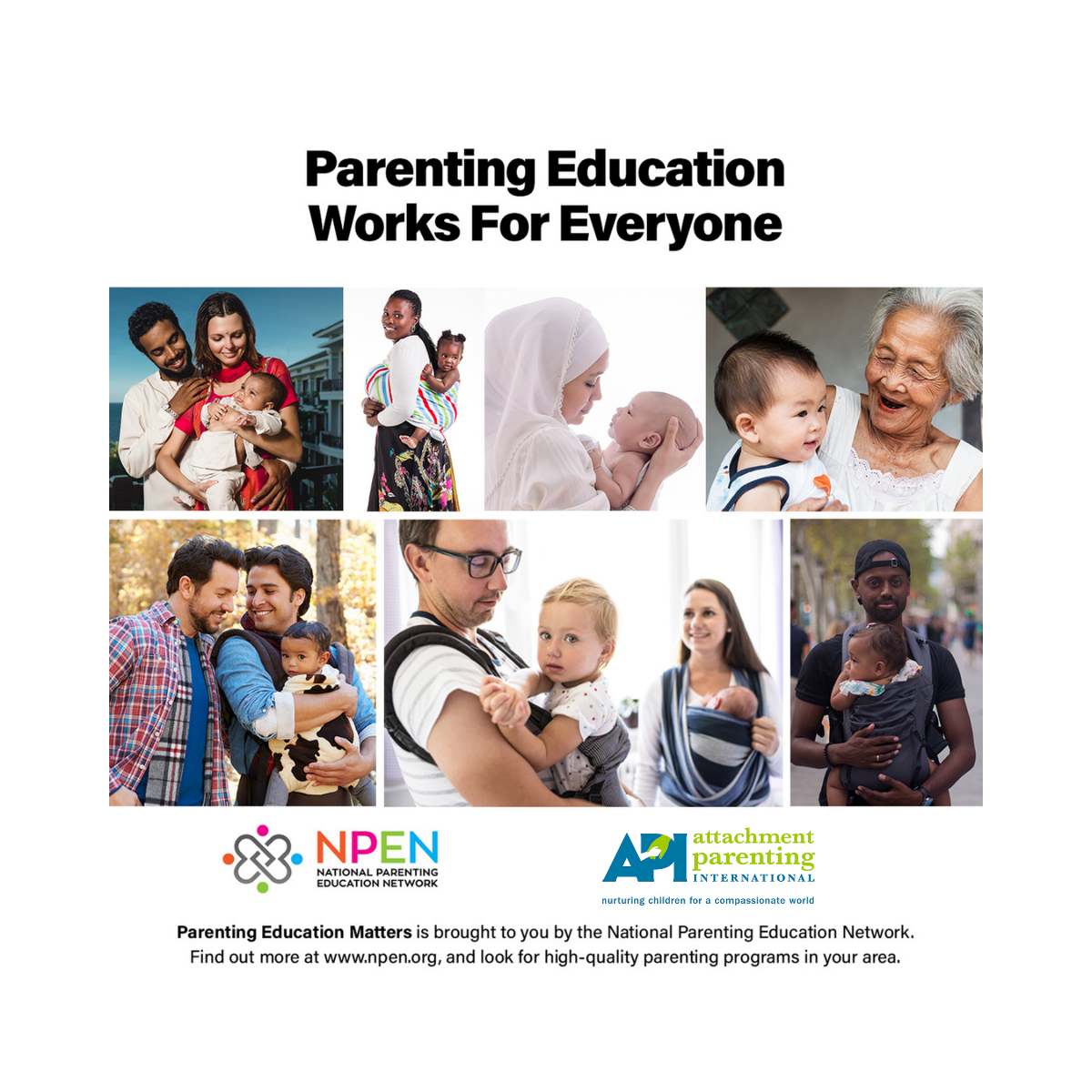
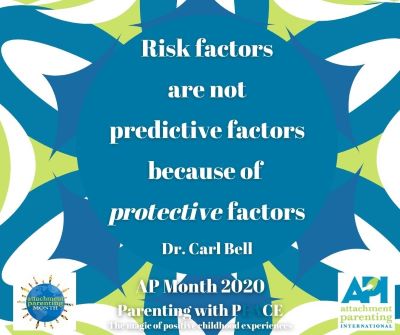

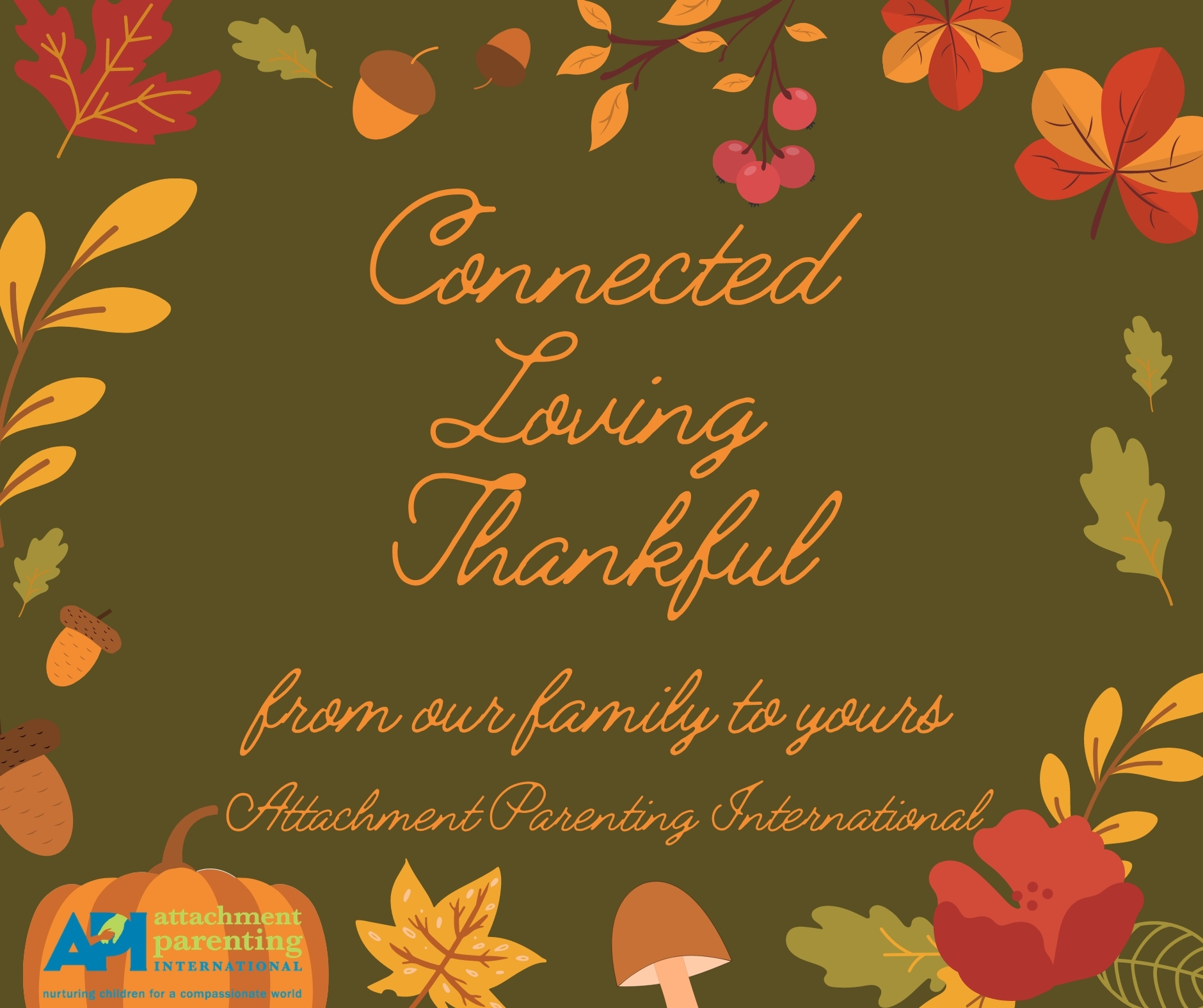
 API Board Member Darcia Narvaez, PhD is featured as the Closing Keynote Speaker at the
API Board Member Darcia Narvaez, PhD is featured as the Closing Keynote Speaker at the 




